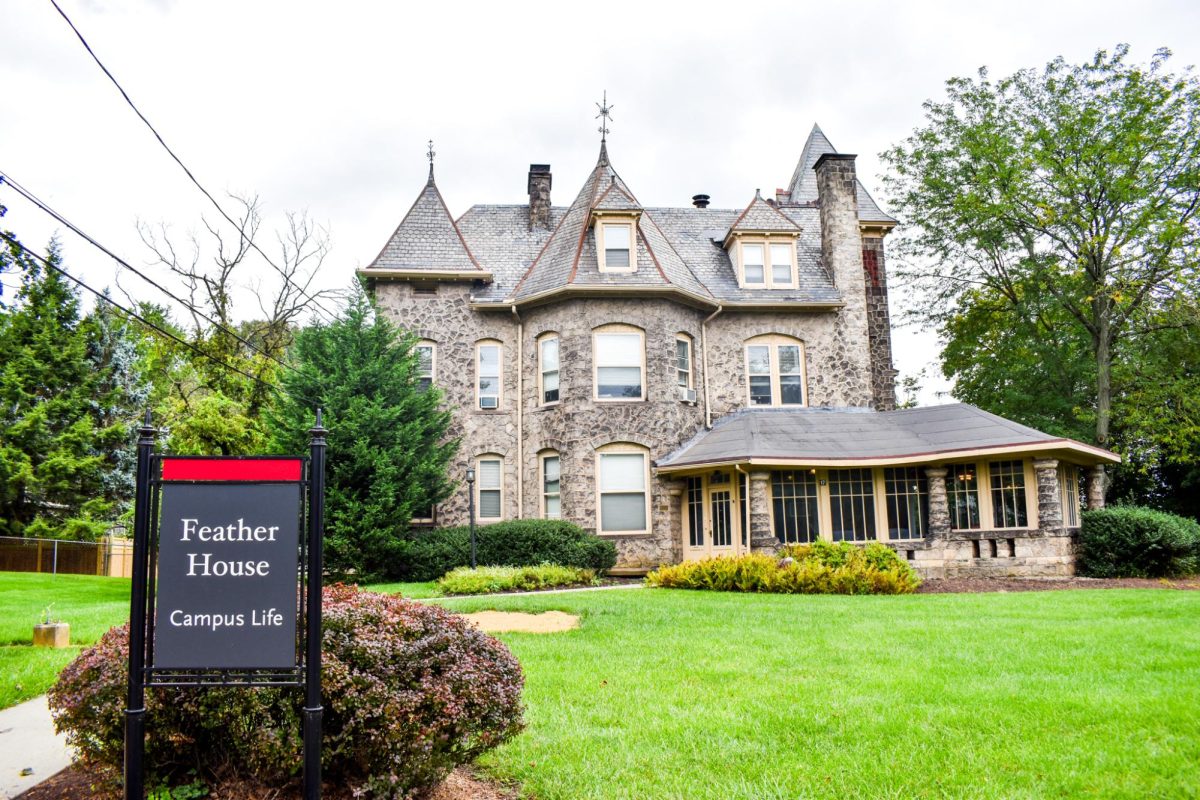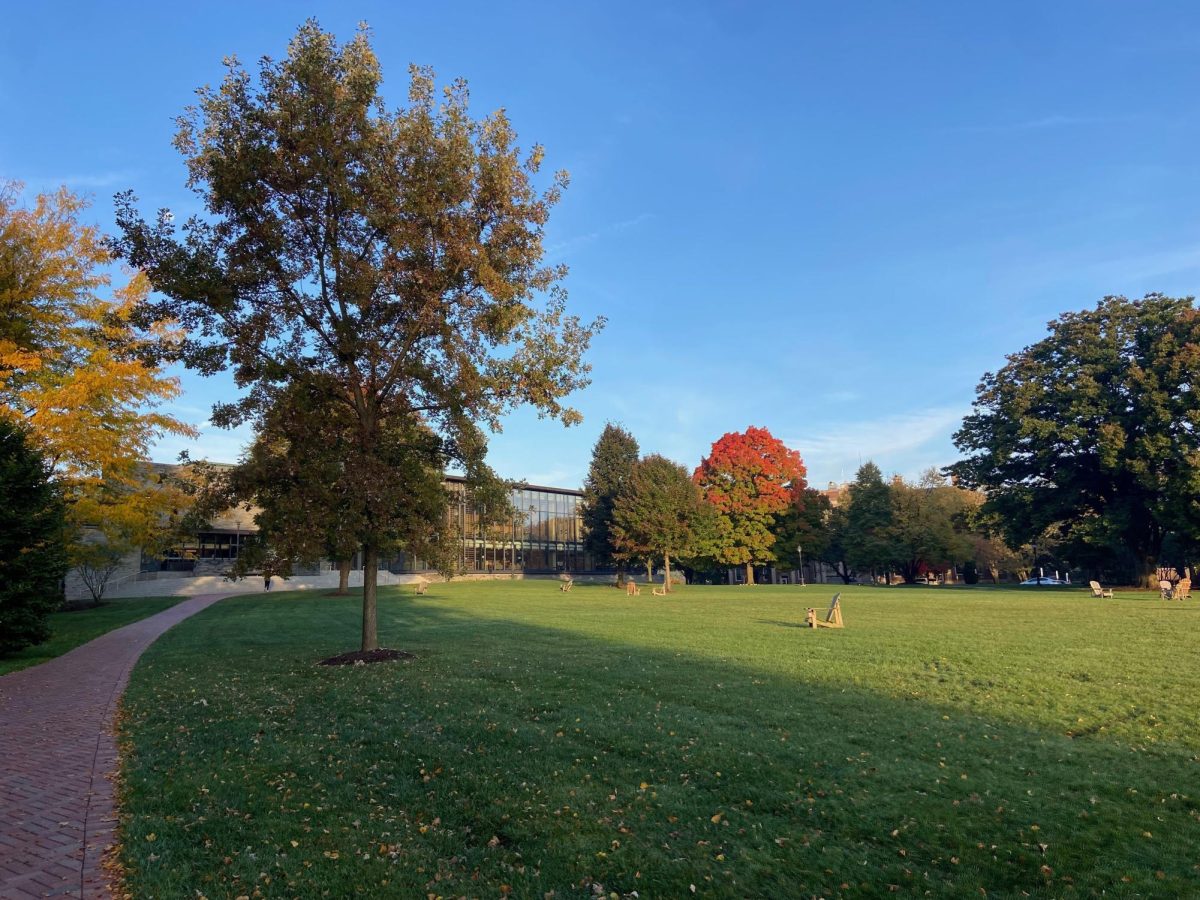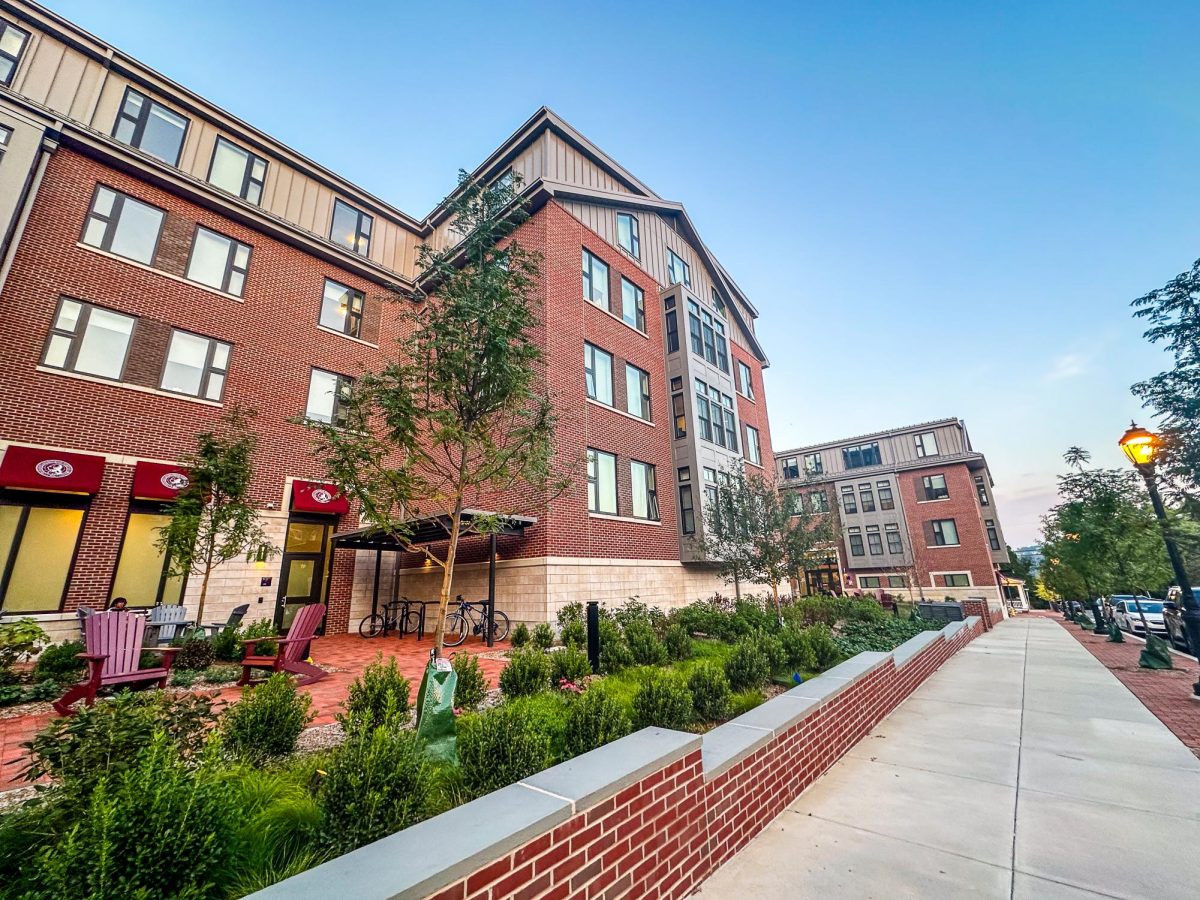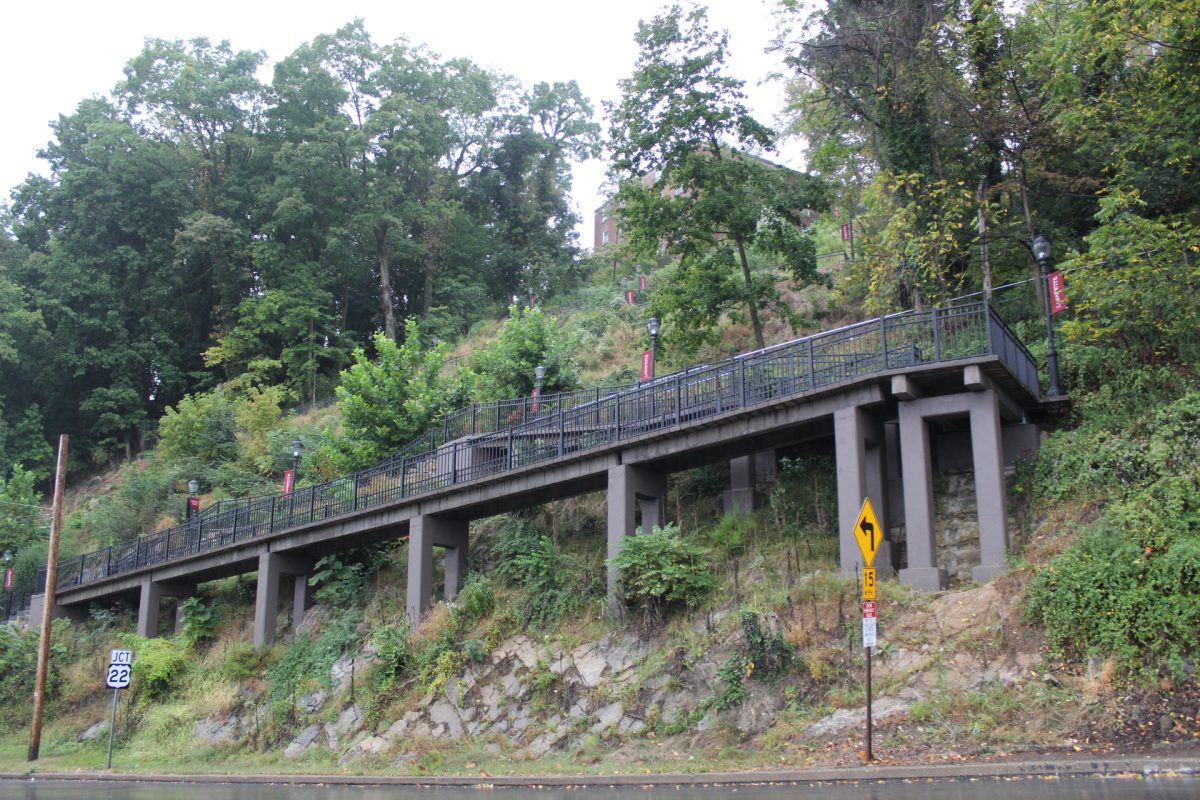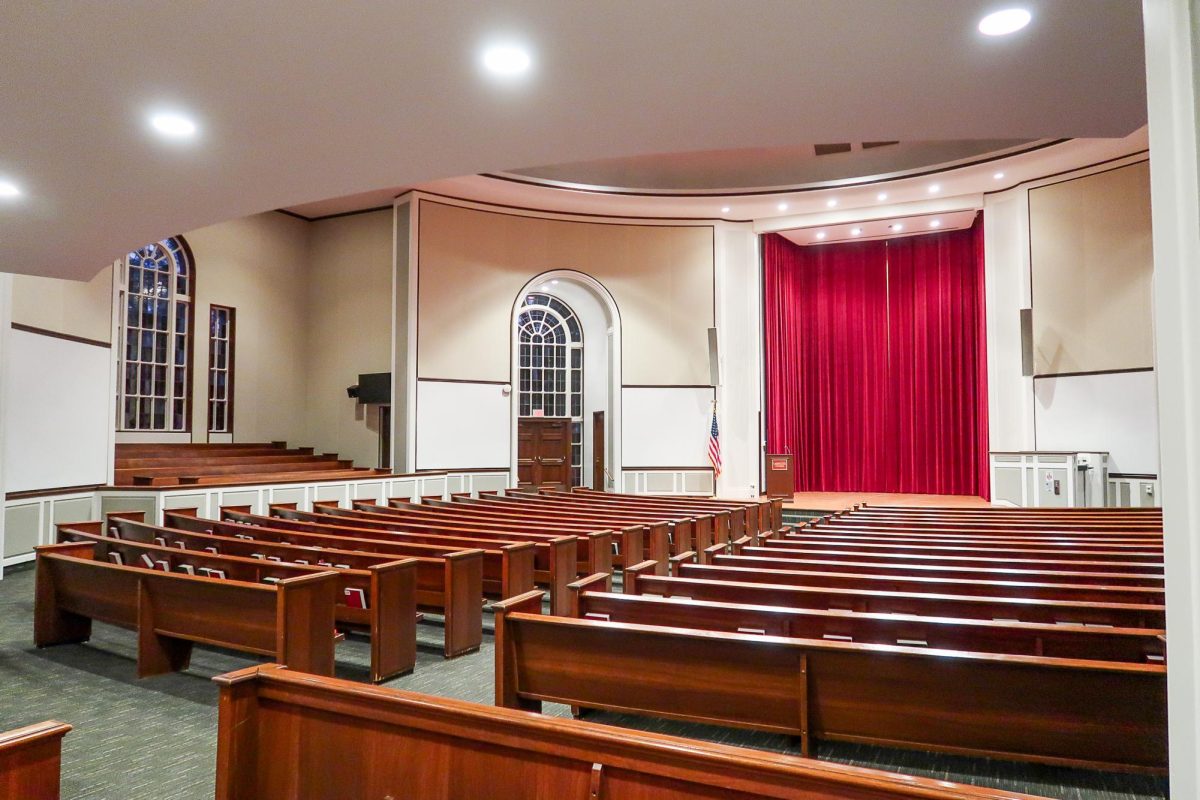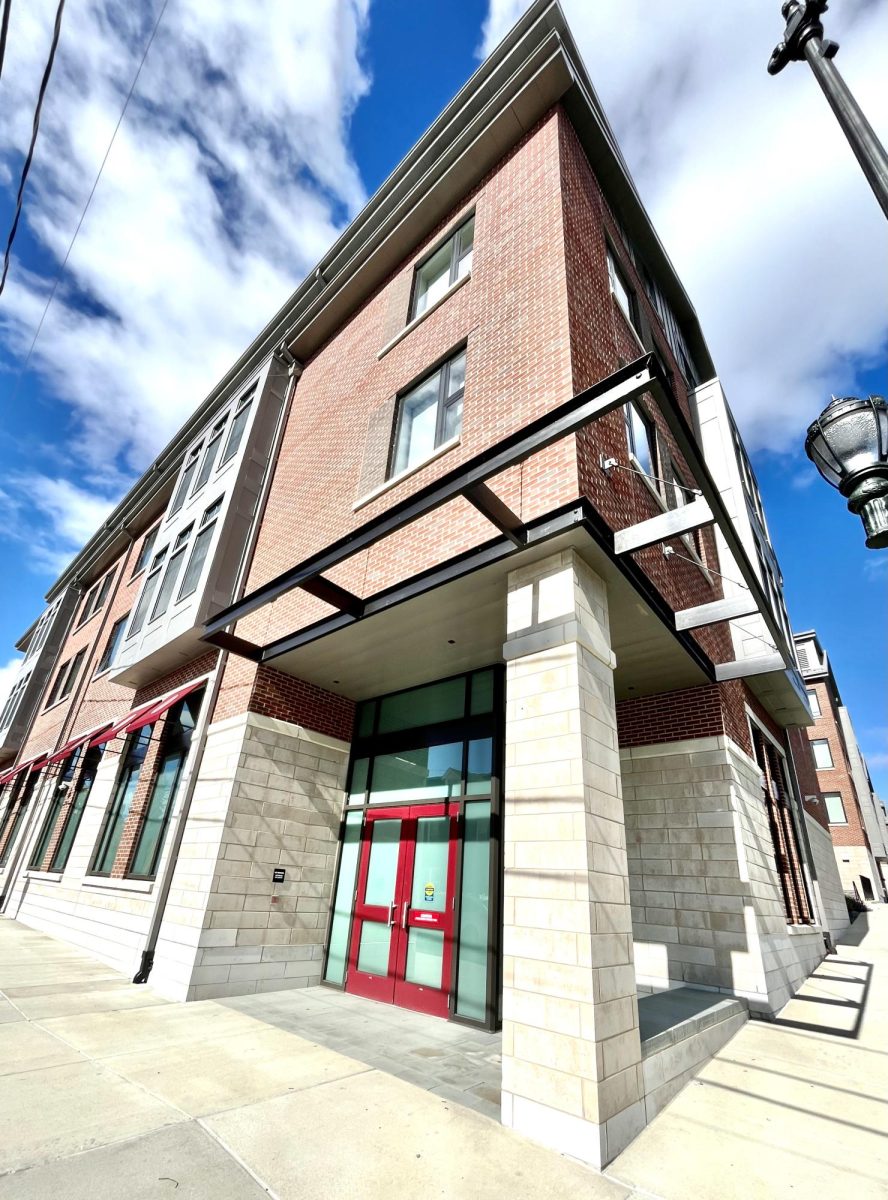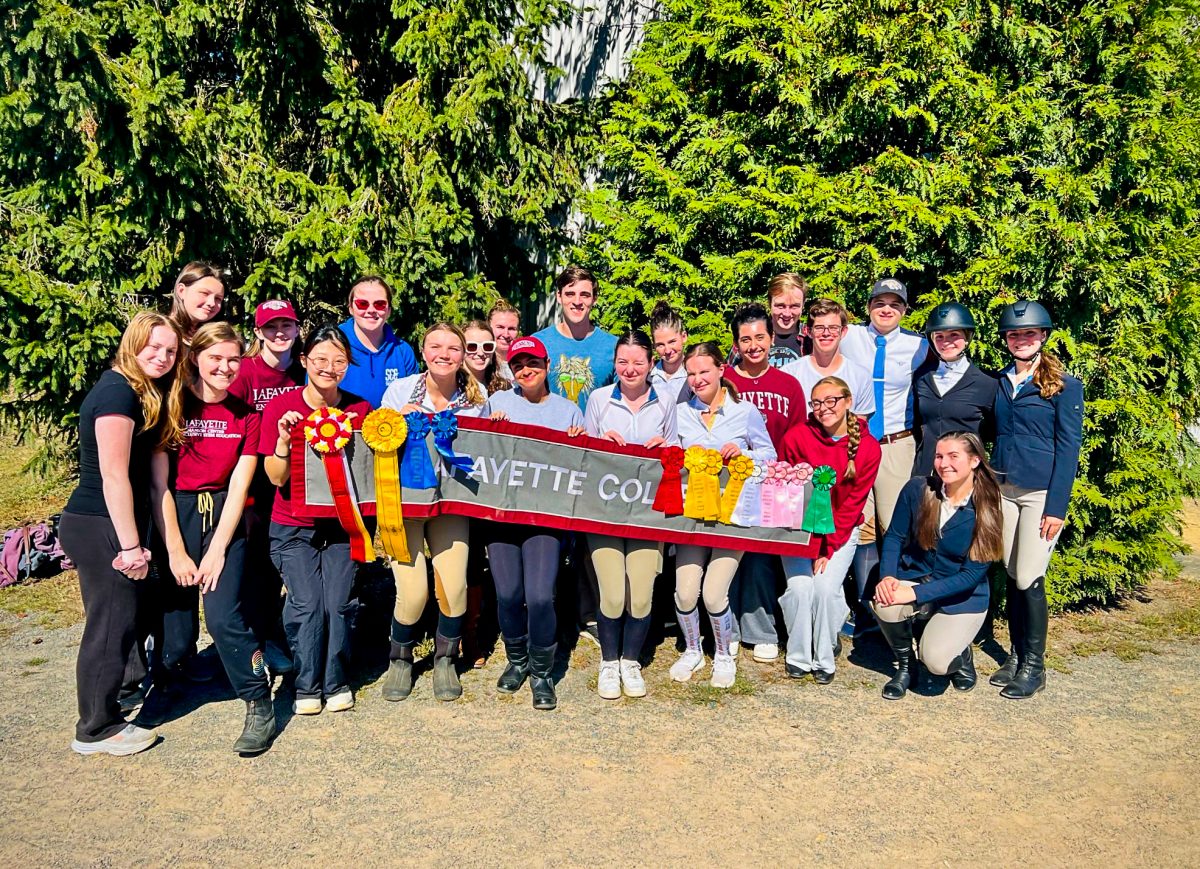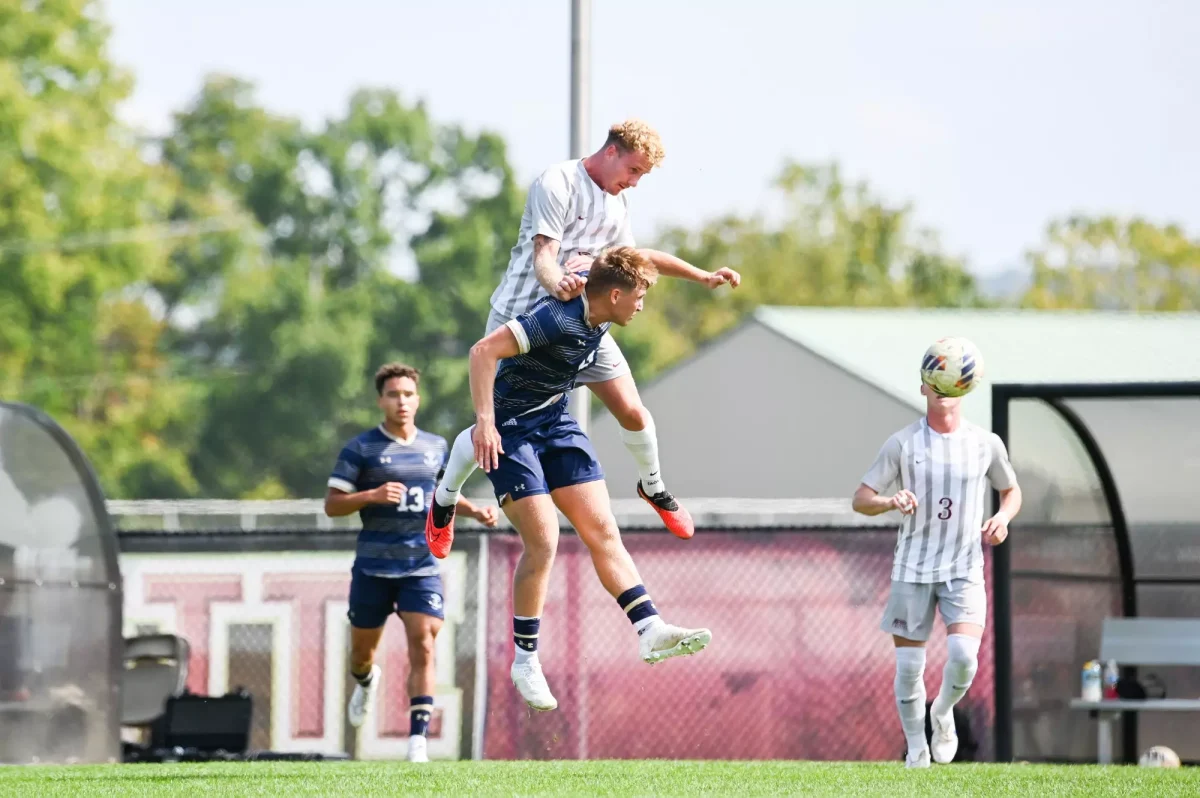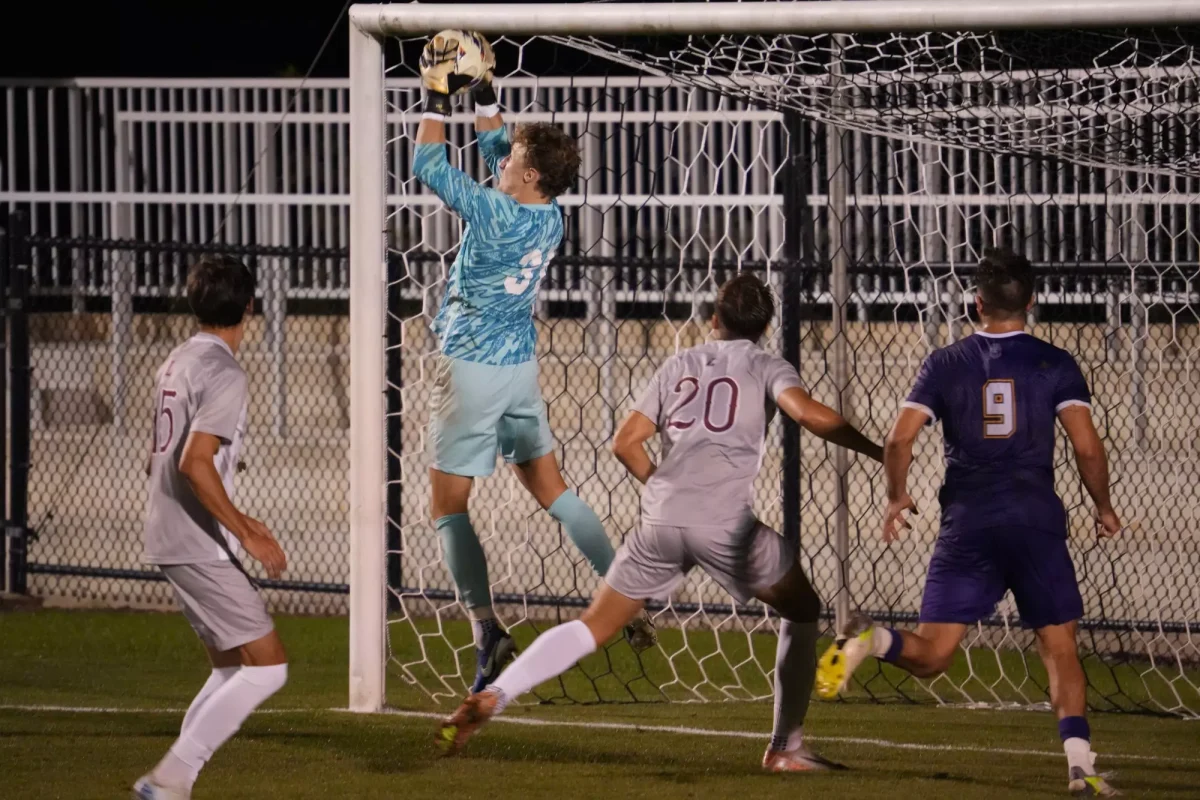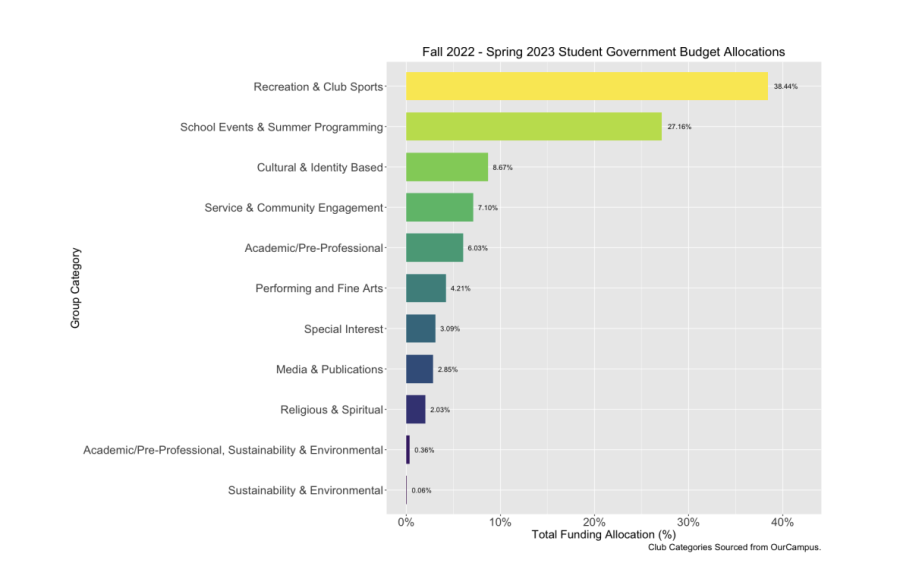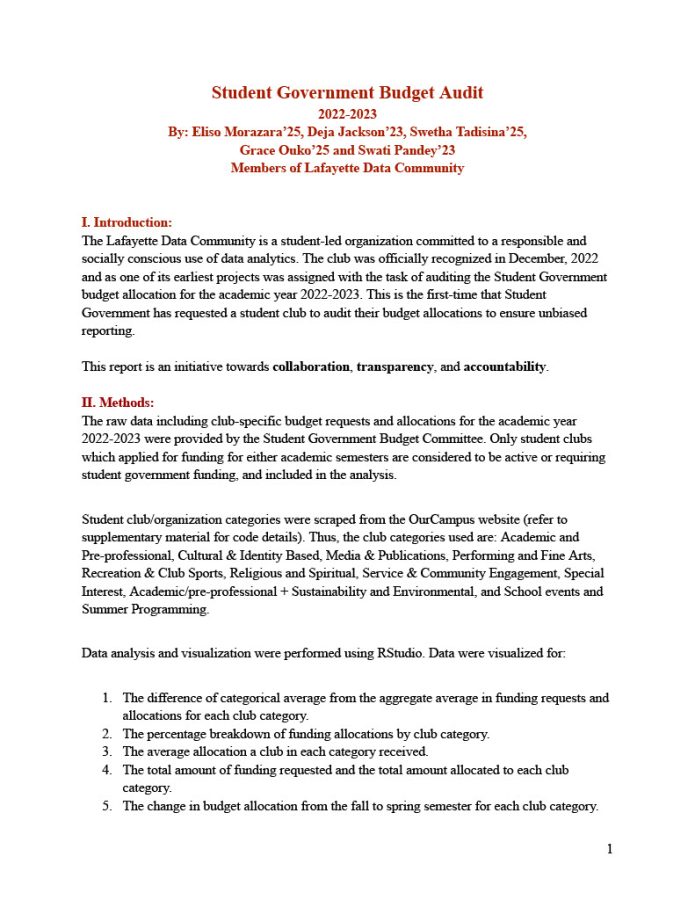Following several delays, the recently-formed Lafayette Data Community provided The Lafayette with its audit of Student Government club budget allocations over the past two semesters.
The audit showed that Student Government allocated a total of $1,189,445.95 to student groups. The “Recreation & Club Sports” category received the largest percentage of funding at 38.44 percent, totaling $457,287, and the “Sustainability & Environmental” category received the smallest at 0.06 percent, which was $713.67.
Conversations about inviting a third-party organization to analyze the Student Government’s allocation of club funding, which comes from Lafayette’s Student Activity Fees, began sometime last year. This culminated in the report provided by Data Community president Eliso Morazara ‘25.
The Data Community organized visualizations according to club categories ranging from “Academic and Pre-professional” to “Religious and Spiritual.” The Data Community, however, found that some clubs may fit under several categories.
Under the “Limitations” section, the Budget Audit states: “The OurCampus categorization assumes that each club belongs only to one specific category which undermines the intersectional missions of certain student clubs and organizations.”
The Data Community produced a number of bar graphs using RStudio, a statistical computer program, representing comparisons between time and category, such as the difference in the club funding average on the whole as compared to the average amount requested in each category, and the change in budget allocation from the fall to spring semesters by category.
“Around half of the student body participates in some form of recreational and club sports,” Peyton Schreiber ’26, Lafayette crew club treasurer, said. “These clubs require a great deal of money to run.”
For crew club, expenses include “acquiring/maintaining equipment, uniforms for new rowers, transportation to and from regattas, registration fees, and so on,” according to Schreiber.
“Our coach is a full-time employee of the school, and currently his salary comes in part out of our Student Government budget as well as from the club itself,” Schreiber explained. “Our assistant coaches receive their salaries from our Student Government budget.”
Despite clubs categorized solely as “Sustainability & Environmental” receiving only 0.06 percent of the allocated funds, the audit indicates that the funding allocation for this category grew substantially between the fall and spring semesters.
Lafayette Environmental Awareness and Protection (LEAP) is one of the clubs categorized under “Sustainability & Environmental.” LEAP President Jamie Bryan ‘25 noted that the club initially requested “no more than $200” in funding for the spring semester, which went towards its clean-up of the Karl Stirner Arts Trail and apparel for its members.
Bryan noted the difficulty in finding out “what to request money for,” as the club was less active at the height of the pandemic.
As LEAP became involved in additional initiatives, Bryan attempted to secure additional funding with an “Unanticipated Budget Request” as outlined on page 9 of the Student Government’s Financial Guidelines. However, LEAP was denied funding for all but one request.
“I ended up using my own money on the events,” Bryan, who is still in the process of trying to procure reimbursements for the personal funds she used for club activities, said.
Bryan also mentioned that it would be helpful if standards for Unanticipated Budget Requests were “a little more clear.”
“It was always disappointing finding out our emergency budget request didn’t get approved and not knowing why,” Bryan said. “Because in the description of why it didn’t get approved, it said, ‘not an emergency budget request’ … [and] we weren’t sure … what makes it not an emergency.”
In an email, Student Government Treasurer Areeb Athequee ‘25 encouraged any students with concerns to consult with the Budget Committee.
“If anyone has any questions or concerns the Budget Committee has their office hours every Friday from 5 pm-6pm in the Stu Gov office and will be happy to talk to them,” Atheeque wrote.
Managing Editor Trebor Maitin ’24 serves as the Parliamentarian of the Student Government. He did not contribute writing or reporting.



